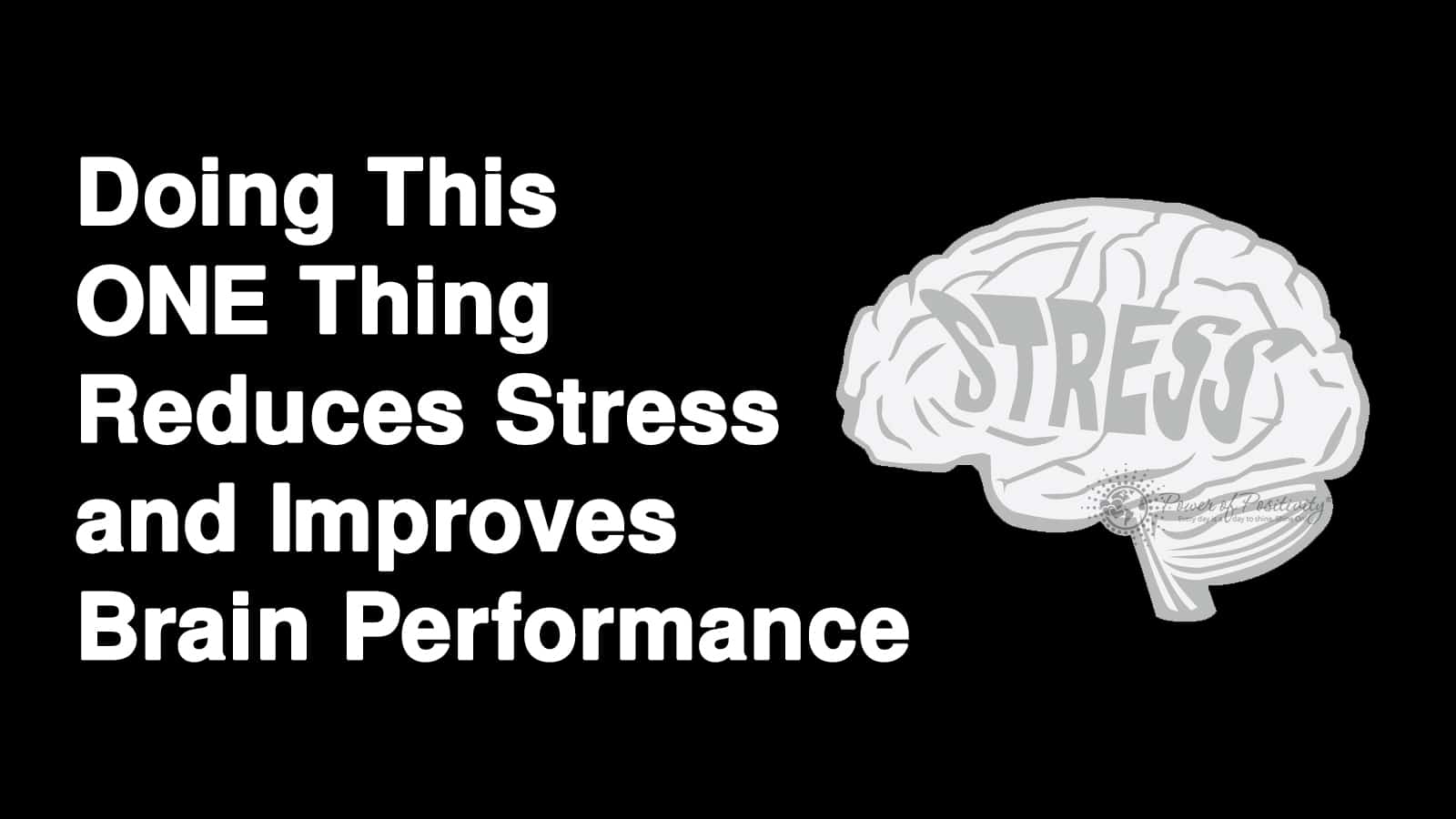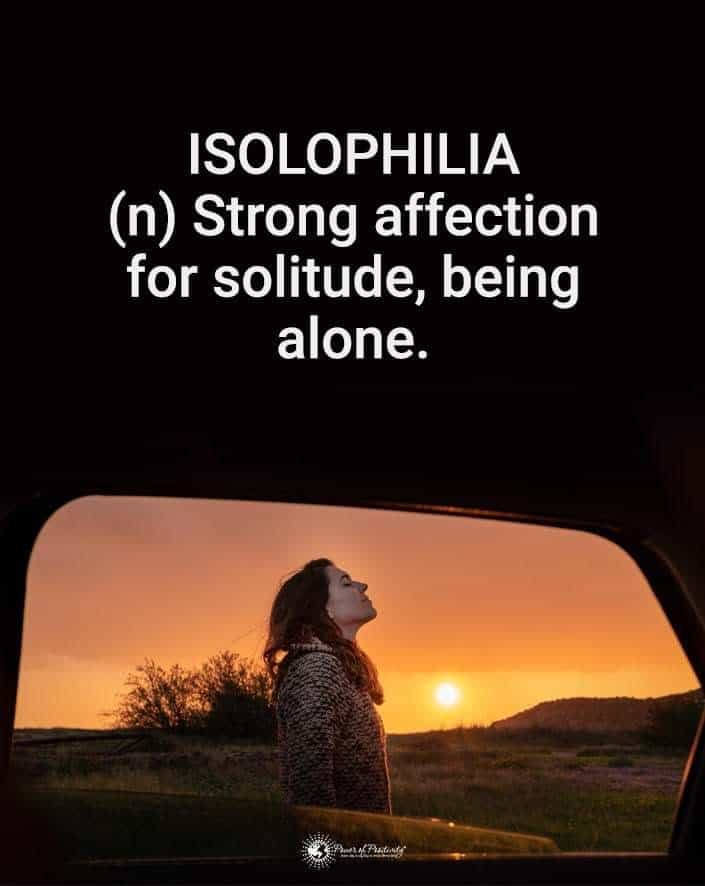In today’s society, many of us are zooming about, trying to manage professional lives and care for our families, while juggling all of the other wild card events in life that are too long to mention. Sometimes, forgetting about it all and taking a few minutes to practice some self-care is simply the best choice you can make. Here’s why you need to love yourself right now:
10 Reasons to Stop What You’re Doing and Love Yourself Right Now
1. Because self-love is self-acceptance
Self-acceptance and self-forgiveness go hand in hand. When you accept yourself, you see yourself as an imperfect human being and you forgive yourself for past mistakes. This forgiveness allows you to make future mistakes without feeling like a failure.
You are not a failure. You should never feel that way. You may have made a poor choice in the past, but you have definitely learned from it in order to be where you are at this moment. Accept and love your imperfections. They are only a small part of who you are.
2. Stop what you’re doing and love yourself because you are different from everyone else and you are also just as valuable as every other person
No two people are alike; even identical twins have different tastes, thoughts, emotions and desires. That makes you a very special, valuable, and rare individual. You are like a yet-to-be-discovered gem that is more valuable than a diamond.
Likewise, no other human being on the planet is more or less valuable than you are. You do not think of yourself as more important than another person, no matter how much you love yourself. Loving yourself does not mean that you are full of pride and ego. Someone who loves him or herself would never belittle others to make themselves feel good.
3. Stop what you’re doing and love yourself because you have unique talents
There is something that you can do that no other person on this planet can do. That talent might be the way you love and support your loved ones, or it could be your incredible spicy lasagna recipe, but you alone are the person who could put so much of yourself into that handiwork.
4. Stop what you’re doing and love yourself because your mind is capable of incredible things
Right now, you should love the fact that you can do whatever you put your mind to doing. IF, for example, you set a goal to climb Mount Everest, and you are determined to make it happen, then there is literally nothing that can stop you from reaching your goal. Your mind can power you through pain, emotional hardship, grief, frustration, and fear.
5. Stop what you’re doing and love yourself because self-love attracts love
Loving yourself can assure that you will attract your ideal mate. Self-love opens your heart to the possibility of other-love. Once you have filled your own cup of self-love, you can give love to others without draining your own resources.
This doesn’t mean that you have to be perfect at self-love before you can find love. In fact, you can be a self-love work-in-progress, but start loving yourself now. The sooner you give to yourself, the sooner you can give whole-heartedly to your romantic partner.
6. Stop what you’re doing and love yourself because self-love means giving yourself excellent mental and physical self-care
Self-love means good hygiene, good health, feeding your body well, and moving your limbs joyfully. Self-love means protecting yourself from harm and dangerous situations. Self-love means preventing yourself from reaching emotional lows and from self-medicating with alcohol, food or other substances to feel better.
Self-love also protects you from harming others and may be a way for mental health care professionals to prevent violence. In a study in the Journal of Personality and Social Psychology, researchers found that subjects with hidden low levels of self-esteem were more likely to become violent and hurt others.
7. Stop what you’re doing and love yourself because self-love connects you to the divine
When you love yourself, you feel a spiritual connection to your inner essence; your spark of life. Your appreciation and love for that spark that makes your heart beat, your consciousness dream, and your soul feel joy is also love for the Creator.
8. Stop what you’re doing and love yourself because choosing self-love means making excellent choices
Choosing self-love is not a selfish act. By making decisions that support your needs, you give yourself the gift of joy. Choosing the activities that bring you positive emotions over negative ones is not selfish, it is an act of self-love.
9. Stop what you’re doing and love yourself because self-love can make you more attractive
A person who radiates confidence is a person who loves him or herself. This confidence is what other people often describe as a person who exudes a sensual attractiveness. Self-confidence is sexy.
10. Stop what you’re doing and love yourself because self-love is a rejection of bad habits and victimization
Whether it’s nail-biting or over-indulging at the buffet, bad habits are a type of self-injury. We cause ourselves harm unintentionally when we do not love ourselves enough.
A study of 7th graders and self-love found that low self-regard contributes over time to victimization by peers. The researchers say “Poor self-concept may play a central role in a vicious cycle that perpetuates and solidifies a child’s status as a victim of peer abuse.” Children who felt little self-love were more likely to feel shunned by peers than when they are “self-protected” by healthy self-regard.










